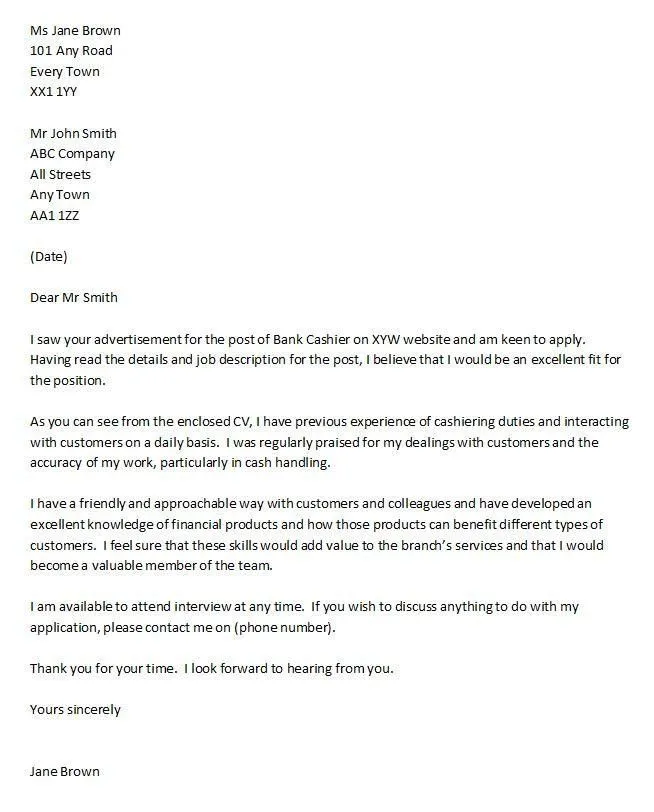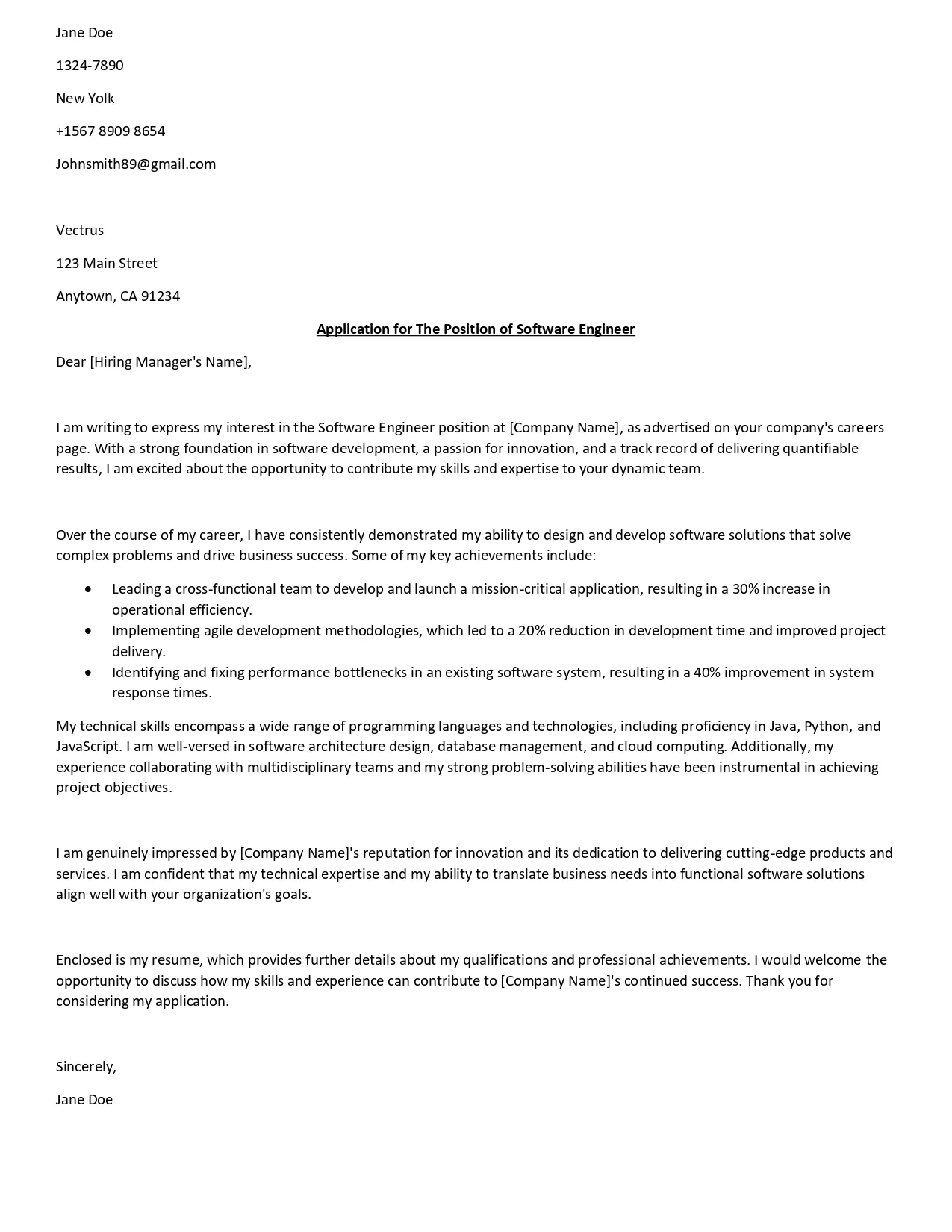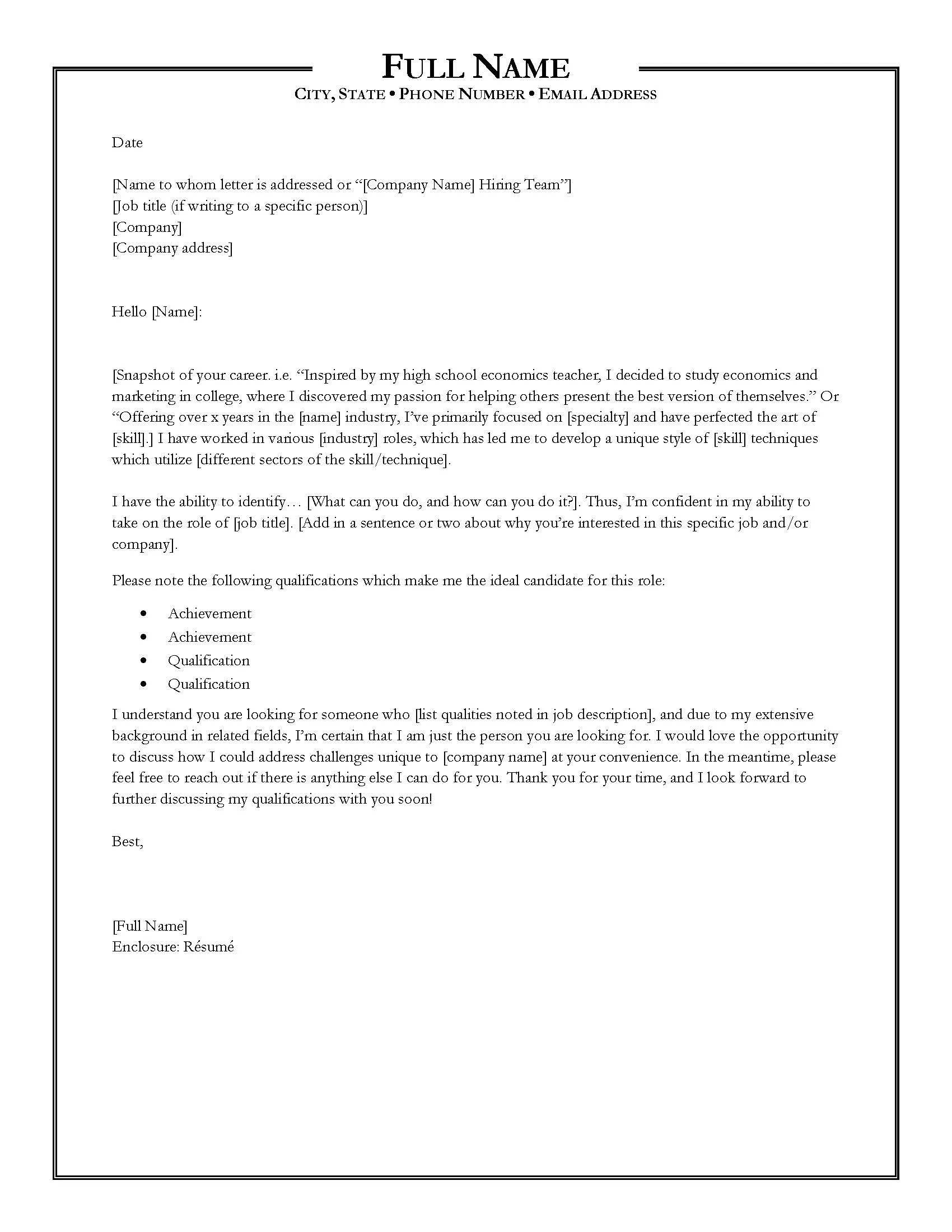Understanding SEO Campaign Fundamentals
Embarking on a successful SEO campaign requires a solid understanding of the fundamentals. This includes grasping the core principles of search engine optimization and how they contribute to higher rankings and increased organic traffic. Many businesses and marketers today are overwhelmed by the constant stream of information regarding SEO. However, by focusing on the foundational aspects, you can build a robust strategy that withstands algorithm updates and delivers consistent results. This initial phase is crucial for setting the stage for a successful campaign. It helps define your objectives, identify your target audience, and provides a roadmap for the subsequent steps. Neglecting this phase can lead to wasted resources and a poorly performing campaign.
Defining Your SEO Objectives
Before diving into the technical aspects of SEO, it’s essential to clarify your objectives. What do you want to achieve through your SEO efforts? Are you looking to increase website traffic, improve brand awareness, generate leads, or drive sales? Clearly defined objectives will guide your strategy and allow you to measure your success effectively. Without clear objectives, your campaign will lack direction, making it difficult to assess its performance and make necessary adjustments. Moreover, well-defined objectives ensure that all your efforts are aligned with your overall business goals, maximizing the return on your investment.
Setting Measurable Goals

Once you’ve defined your objectives, set specific, measurable, achievable, relevant, and time-bound (SMART) goals. Instead of aiming for a vague goal like ‘increase website traffic’, set a goal such as ‘increase organic traffic by 20% in the next six months’. Measurable goals allow you to track your progress and determine whether your strategies are effective. Regularly reviewing your goals and making adjustments as needed will keep your campaign on track and ensure that you’re moving closer to your desired outcomes. Use analytics tools to monitor key performance indicators (KPIs), such as organic traffic, keyword rankings, and conversion rates, to measure your success.
Identifying Your Target Audience
Understanding your target audience is paramount to crafting an effective SEO strategy. Who are you trying to reach? What are their demographics, interests, and online behaviors? Conducting thorough audience research will help you tailor your content and keywords to resonate with your ideal customers. This understanding will help you create content that answers their questions, addresses their pain points, and ultimately, drives them to your website. Utilizing tools like Google Analytics and social media analytics to analyze user behavior and demographics can provide valuable insights into your audience. Creating buyer personas can further refine your understanding of your target audience.
Conducting Comprehensive Keyword Research
Keyword research is the cornerstone of any successful SEO campaign. It involves identifying the terms and phrases that your target audience uses when searching for information related to your business. Effective keyword research goes beyond simply guessing what keywords to target. It requires a strategic approach that includes analyzing search volume, competition, and user intent. Choosing the right keywords can make or break your SEO campaign, as they are the foundation upon which your content and website structure are built. By targeting the right keywords, you increase the likelihood of attracting qualified traffic and achieving your SEO objectives.
Utilizing Keyword Research Tools

Several tools are available to help you conduct comprehensive keyword research. These tools provide valuable data on search volume, keyword difficulty, and related search terms. Popular tools include Google Keyword Planner, SEMrush, Ahrefs, and Moz Keyword Explorer. These tools provide insights into the keywords your competitors are ranking for, and helping to identify potential keyword opportunities. Use these tools to uncover long-tail keywords, which are longer, more specific phrases that often have less competition and higher conversion rates. When selecting keywords, consider a mix of high-volume, competitive keywords and lower-volume, long-tail keywords to attract a diverse audience.
Analyzing Competitor Keywords
Analyzing your competitors’ keyword strategies can provide valuable insights into what’s working in your industry. Identify your main competitors and analyze the keywords they are targeting, the content they are creating, and the backlinks they have acquired. This analysis helps you identify opportunities to outrank your competitors by targeting similar keywords or finding gaps in their strategies. Use tools like SEMrush or Ahrefs to see which keywords your competitors are ranking for and identify any keywords you may have overlooked. By understanding your competitors’ strengths and weaknesses, you can develop a more effective and targeted SEO strategy.
Optimizing On-Page SEO Elements
On-page SEO refers to the optimization of elements within your website. This includes optimizing your content, title tags, meta descriptions, headings, image alt text, and internal linking. Optimizing these elements helps search engines understand the context of your content and improve your website’s rankings. By implementing on-page SEO best practices, you improve your website’s visibility, user experience, and overall search engine performance. This involves carefully crafting your content around your target keywords and ensuring that all on-page elements are optimized for both search engines and users.
Crafting High-Quality Content

Creating high-quality, engaging, and informative content is crucial for attracting and retaining visitors. Your content should be well-written, easy to read, and relevant to your target audience. Focus on providing value to your readers by answering their questions, solving their problems, and offering unique insights. Regularly publish fresh, original content to keep your website updated and attract search engine crawlers. Incorporate your target keywords naturally throughout your content, but avoid keyword stuffing, which can negatively impact your rankings. High-quality content is not only beneficial for SEO but also builds trust with your audience, encouraging them to share your content and visit your website regularly.
Optimizing Title Tags and Meta Descriptions
Title tags and meta descriptions are essential on-page SEO elements. The title tag is the clickable headline that appears in search engine results, while the meta description provides a brief summary of the page’s content. Optimize these elements to include your target keywords and entice users to click on your listing. Write compelling meta descriptions that accurately reflect the content of your page and encourage users to visit your website. Keep your title tags concise and ensure that they accurately reflect the content of the page. By optimizing your title tags and meta descriptions, you improve your click-through rates and increase your website’s visibility in search results.
Building a Robust Off-Page SEO Strategy
Off-page SEO refers to the optimization efforts that take place outside of your website. This includes building backlinks, leveraging social media, and promoting your content. Off-page SEO is crucial for establishing your website’s authority, credibility, and online presence. It signals to search engines that your website is a valuable resource and deserves to rank higher in search results. A strong off-page SEO strategy helps you build relationships with other websites, expand your reach, and drive traffic to your website. This is a long-term strategy that requires consistency and effort.
Acquiring High-Quality Backlinks

Backlinks are links from other websites to your website. They are a critical ranking factor for search engines, as they indicate that other websites trust your content and consider it a valuable resource. Focus on acquiring high-quality backlinks from authoritative websites in your niche. These backlinks are more valuable than backlinks from low-quality or irrelevant websites. Build backlinks through various strategies, such as guest blogging, outreach, broken link building, and creating shareable content. Building a diverse backlink profile is important to avoid being penalized by search engines. Focus on earning backlinks naturally through creating high-quality content that others will want to link to.
Leveraging Social Media for SEO
Social media can play a significant role in your SEO strategy. While social media signals are not a direct ranking factor, they can indirectly impact your search rankings by driving traffic to your website, increasing brand awareness, and building relationships with your audience. Promote your content on social media platforms to increase its visibility and encourage shares and engagement. Engage with your audience, build a strong social media presence, and participate in relevant conversations. Use social media to distribute your content and build relationships with influencers in your niche. Consistent social media activity can improve your website’s visibility and contribute to a broader online presence.
Analyzing and Tracking SEO Performance
Analyzing and tracking your SEO performance is essential for measuring the success of your campaign and identifying areas for improvement. Use analytics tools to monitor your website traffic, keyword rankings, and conversion rates. Regularly review your data, identify trends, and make adjustments to your strategy based on your findings. Tracking your performance allows you to understand what’s working and what’s not, allowing you to refine your approach and maximize your ROI. Use data-driven insights to make informed decisions and optimize your campaign for better results.
Using Google Analytics and Search Console

Google Analytics and Google Search Console are indispensable tools for tracking your SEO performance. Google Analytics provides insights into your website traffic, user behavior, and conversion rates. Google Search Console provides data on your website’s search performance, including keyword rankings, crawl errors, and internal links. Use these tools to monitor your website’s performance and identify areas for optimization. Regularly review your analytics data to understand how users interact with your website and identify opportunities to improve user experience and increase conversions. These tools offer essential data that will help guide your SEO strategy.
Monitoring Keyword Rankings
Monitoring your keyword rankings is essential for tracking your SEO progress and identifying areas where you need to focus your efforts. Use keyword tracking tools to monitor your website’s rankings for your target keywords. Track your rankings over time to identify trends and see how your strategies are impacting your visibility in search results. Regularly review your keyword rankings and make adjustments to your content and on-page SEO elements to improve your positions. Monitor both your overall keyword rankings and the visibility of your website in search results. Use this information to measure the effectiveness of your SEO efforts.
Adapting and Refining Your SEO Approach
The SEO landscape is constantly evolving, with search engine algorithms and user behaviors changing regularly. Therefore, it’s crucial to adapt and refine your SEO approach to stay ahead of the curve. Continuously monitor industry trends, update your strategies, and test new techniques to ensure that your campaign remains effective. Stay flexible, learn from your data, and be prepared to adjust your strategies as needed. The best SEO campaigns are dynamic and responsive to change.
Staying Updated with Algorithm Changes

Search engine algorithms are constantly updated, so it’s important to stay informed about the latest changes. Follow industry news, read SEO blogs, and attend webinars to stay up-to-date on the latest algorithm updates and best practices. Google, in particular, frequently updates its algorithms, so keeping abreast of these changes is vital to maintaining and improving your search rankings. Understanding these changes allows you to proactively adjust your strategy and avoid penalties. Being informed about algorithm updates is a key component of a successful, long-term SEO strategy.
Testing and Iterating Your Strategies
Testing and iterating your SEO strategies is essential for continuous improvement. Experiment with different approaches, analyze the results, and refine your techniques based on your findings. A/B test different title tags, meta descriptions, and content formats to see what resonates best with your audience. Regularly review your data, identify what’s working, and adjust your strategies accordingly. Experimentation and data-driven decision-making are vital for maximizing your SEO results. Keep testing, learning, and refining your approach to achieve optimal results.
